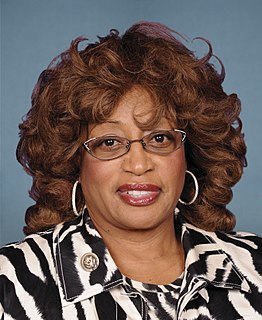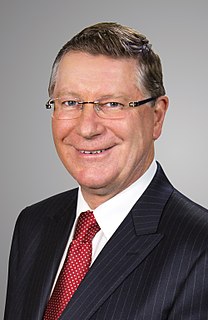A Quote by James Howard Kunstler
The "Green" community, the enviro people, are preoccupied with running all the cars differently. Our techno-grandiosity has us gibbering about high-speed rail - which we don't have the capital for anymore - but nobody is interested in repairing the existing rail system, which would be far less costly and hugely beneficial for us. In short, we are acting cluelessly. And life is tragic. The clueless usually suffer.
Related Quotes
I mean, these are kids that are getting on rail cars, riding the top of rail cars all the way up through Mexico. I mean, the danger that they're put in, the sexual assaults that are occurring - I mean, all of this is a great consternation, I think, for any of us. But when they come here and then they're dumped on our cities and our counties and our state is expected to pick up the costs, there's a point in time where you say, 'Quit giving these individuals incentives to come up and then be resettled in the United States'. That's the real issue for me.
Voices surround us, always telling us to move faster. It may be our boss, our pastor, our parents, our wives, our husbands, our politicians, or, sadly, even ourselves. So we comply. We increase the speed. We live life in the fast lane because we have no slow lanes anymore. Every lane is fast, and the only comfort our culture can offer is more lanes and increased speed limits. The result? Too many of us are running as fast as we can, and an alarming number of us are running much faster than we can sustain.
Obama wants to build such things as smart electrical grids and high-speed rail lines, which will offer big environmental improvements. Another obvious thing is that large-scale project financing is virtually frozen, so a lot of renewable energy projects are on hold. If the system doesn't get unclogged before the developers run out of cash, they will be cancelled. Money matters, and we are racing against time.


































